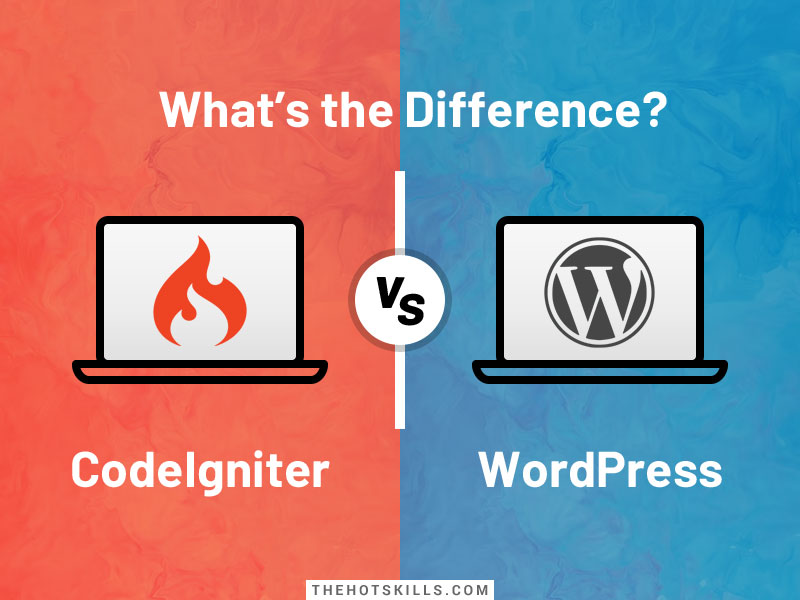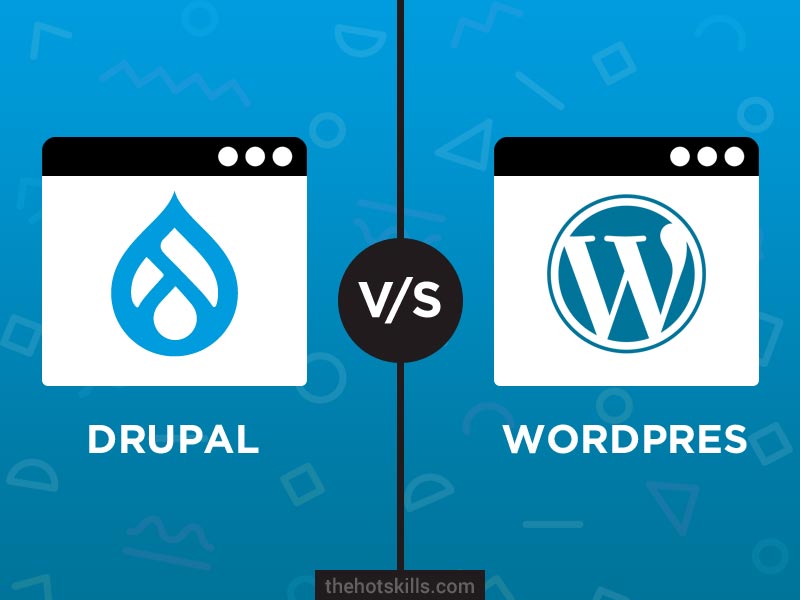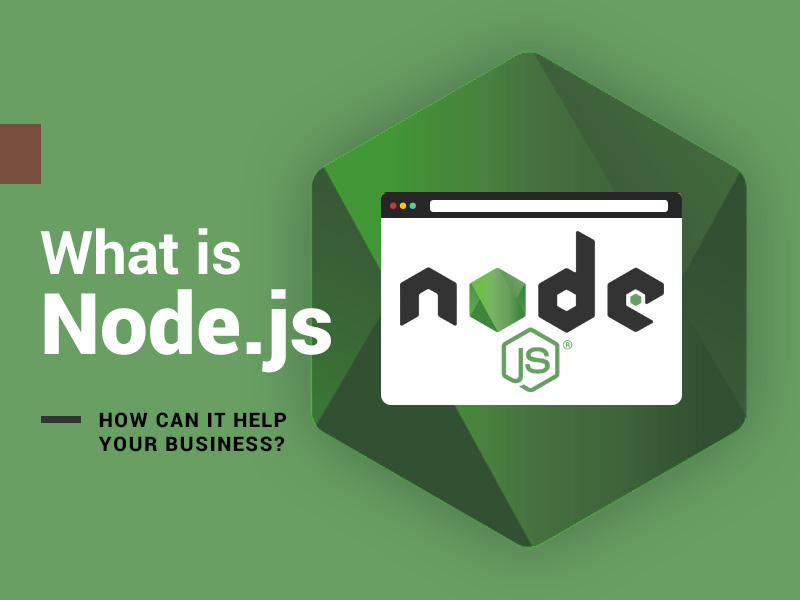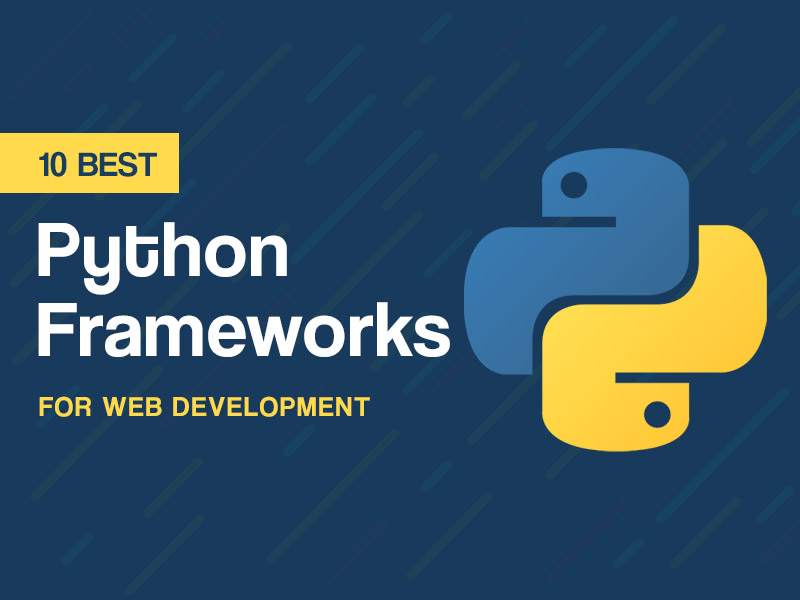CodeIgniter is an MVC-based PHP framework, whereas WordPress is an open-source content management system (CMS) written in PHP. These are two of the most popular PHP tools for developing websites, blogs, and other types of applications. Both provide useful features that make development easier, but each has its own strengths and weaknesses.
So, which is better in the battle of CodeIgniter vs. WordPress?
Should companies hire CodeIgniter experts or WordPress experts? What are the advantages and disadvantages of CodeIgniter and WordPress?
In this article, we’ll compare CodeIgniter and WordPress to help you decide which one you should choose for your next web application project.
Let’s dive in.
What is CodeIgniter?
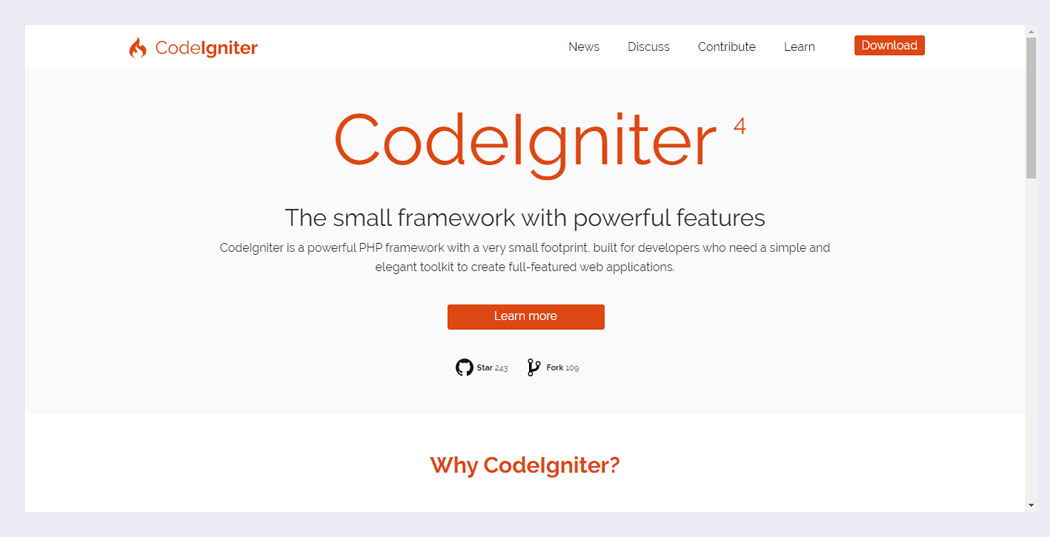
CodeIgniter is a PHP framework based on an MVC architecture. It has been around since 2005 and has more than 1 million users worldwide.
The MVC pattern describes how to structure applications by separating their data from their user interface, which makes it easier to develop and maintain. The model contains the information the application needs to store, while the view displays that information in a useful way. The controller handles input from users or external requests (such as HTTP GET or POST), passes them along to other components such as models or views, and returns the results to display through web page templates.
Advantages of CodeIgniter
- CodeIgniter ease the utilization of modular programs for PHP developers.
- It is reliable and has a small footprint, unlike other PHP frameworks.
- CodeIgniter’s inbuilt libraries and resources help create web applications with high-end functionalities and additional features.
- Easy to set up as both beginners and experienced programmers can use CodeIgniter without extra time and effort.
- It effectively enables the creation of both the back-end and front-end of applications.
- CodeIgniter helps the programmer to create a web application with built-in security features.
- Codeigniter is easily extendable and customizable.
- CodeIgniter helps speed up web applications by implementing page and database caching.
Disadvantages of CodeIgniter
- CodeIgniter does not support modular code separation by default. Hence, developers need to put extra time and effort into updating or editing the code.
- There is a need for exhaustive libraries as CodeIgniter stimulates custom web application development using various libraries.
- The latency of CodeIgniter applications is unpredictable, resulting in maintenance and upgradation issues.
- Lacks third-party integration features, unlike other PHP frameworks.
What is WordPress?

WordPress is a content management system (CMS) that is written in PHP and uses a MySQL database. It was initially created by Matt Mullenweg and Mike Little but has since been open-sourced; many worldwide volunteers maintain it.
WordPress is one of the most popular CMSs today because it’s easy to install, set up, and use; you don’t need any prior experience with websites or programming languages. The beauty of WordPress lies in its flexibility: you can add new functionality through plugins that allow customization based on your needs at any time.
Advantages of WordPress
- WordPress is a user-friendly CMS that offers several benefits to admins, like page editing, back-end navigation, and uploading content without much technical knowledge.
- WordPress has over 45,000 plugins for almost every function. This means there’s no requirement to write code for every required functionality.
- The WordPress plugins are designed for SEO purposes and simplicity. It helps you identify the most used phrases and words in the blog to make it more SEO friendly.
- Using WordPress as your website’s CMS, you can create a responsive website for your business without having to build a separate website.
- WordPress is an open-source platform. The developer can use, change, and study the code without creating it from scratch.
- WordPress helps the programmer to create secure web applications.
Disadvantages of WordPress
- WordPress lacks customization, as updating or editing the core code can break its functionality.
- One of the biggest disadvantages of WordPress is that it can be vulnerable in some cases. Since it is an open-source platform, it opens space to potential hackers.
- WordPress might have some compatibility issues as it offers frequent updates that can hinder its functionality, e.g., non-functional plugins.
CodeIgniter vs. WordPress: The difference
If you are looking for a powerful website creation tool to build your first website, CodeIgniter or WordPress are probably the tools you would want to use. But which one is better? Are there considerable differences between the two?
Let’s have a look:
|
Parameter |
CodeIgniter |
WordPress |
|---|---|---|
|
Category |
CodeIgniter belongs to the “Frameworks (Full Stack)” category of the tech stack. |
WordPress can fall under “Self-Hosted Blogging / CMS.” |
|
Third-party |
CodeIgniter is a standalone framework that does not require third-party platforms to run. It has its own engine and templating system. |
WordPress, like other CMSs, requires a web server to run on. |
|
Database |
CodeIgniter has its own database. Hence, it does not need any additional database to run. |
WordPress requires MySQL database support to run. |
|
Usability |
CodeIgniter can be used to develop any type of web application, from simple websites and blogs to large and complex web applications. |
WordPress can be used for developing and managing blogs, news & e-commerce websites, portfolios, and social networks. |
|
Customization |
CodeIgniter does not provide support for plugins, widgets, or themes. |
WordPress has over 45,000 plugins for almost every function. |
|
Latency |
The latency of CodeIgniter applications is high or unpredictable. |
WordPress applications have predictable latencies. |
CodeIgniter vs. WordPress: Which one to choose?
The choice between CodeIgniter and WordPress depends on your project needs and capabilities as a company. There are many factors to consider when deciding which one to use, including;
Your project requirements:
Are you building an e-commerce site or an online community? Do you need to support multiple languages or have access to resources outside the U.S.? What kind of database will be used (MySQL or PostgreSQL)? These questions will help narrow down the available options.
If you want to build a complex website or application without a third-party database, then CodeIgniter is ideal. However, for e-commerce sites or blogs, go for WordPress, which has various plugins and themes for easy customization.
Your time constraints:
Do certain features require additional development time that could be better spent elsewhere? For example, suppose your goal is creating content within WordPress. In that case, it may not make sense to invest more time into learning how CodeIgniter works because it doesn’t offer much customization compared to other frameworks such as CakePHP (which also uses MVC).
Your budget:
Will the technology you choose cost more? For example, if you’re building a small site, it’s probably not worth paying for a CodeIgniter license that would only be used once or twice. In this case, choosing WordPress is a better option. Alternatively, CodeIgniter will be useful if your project is more complex and requires frequent updates.
Both CodeIgniter and WordPress are unique and have different applications and use cases. When choosing one, you must also consider factors like popularity, functionality, and modularity.
Conclusion
Deciding which tool is best for your web development project depends on what kind of websites or applications you’re developing. As mentioned above, the choice between CodeIgniter vs. WordPress depends on your needs and capabilities. If you are a startup or just getting started, then perhaps WordPress is the best choice. It offers a wide range of features to help create a website easily while providing security benefits.
If, however, you or your team have prior experience with PHP projects, then CodeIgniter may be more suitable due to its relative simplicity compared to other complex frameworks.
